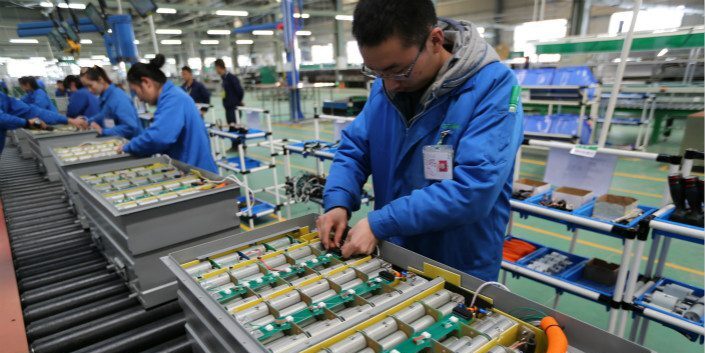
China’s Ministry of Industry and Information Technology (MIIT) has introduced new mandatory national safety standards for electric vehicle (EV) batteries, aimed at eliminating fire and explosion risks.
These regulations, published under the title “Safety Requirements for Power Batteries of Electric Vehicles” (GB38031-2025), will come into effect on 1 July 2026.
The updated rules represent a significant shift in global EV safety, setting what is believed to be the world’s first standard requiring batteries to prevent fire and explosion even after thermal runaway.
Manufacturers will now be required to pass a thermal diffusion test to prove their battery systems remain stable under extreme conditions.
Previously, EV batteries only needed to include a warning system that alerted occupants at least five minutes before a potential fire or explosion.
The new standards go much further, mandating that battery packs must not ignite or explode, and any emitted smoke must not endanger passengers.
Additional testing requirements include:
- Underside impact testing, to ensure battery protection in structural designs such as cell-to-body integration;
- A rapid charging durability test, requiring batteries to withstand 300 fast charge cycles;
- A short-circuit safety test following repeated charging.
Industry analysts say the measures will substantially improve safety but could pose challenges for smaller battery makers.
While leading producers like CATL already claim to meet the standards—offering technologies such as the No Thermal Propagation (NP) solution—smaller firms may struggle with the required research and development costs, potentially leading to market consolidation.
With over a year for implementation, this regulatory leap is expected to reshape battery design and raise the global bar for EV safety.






